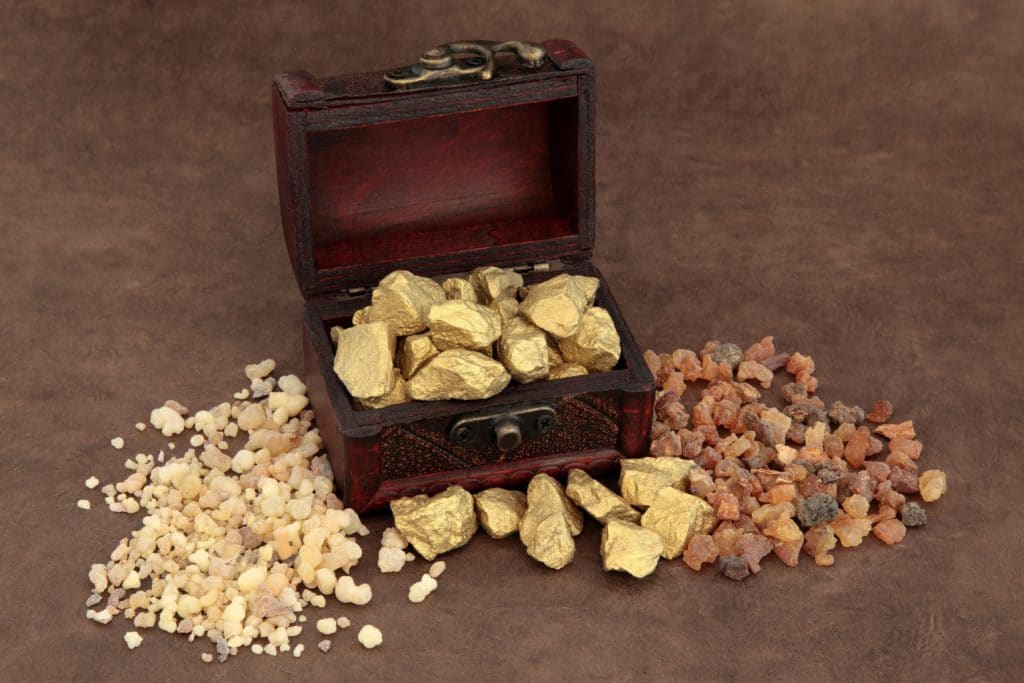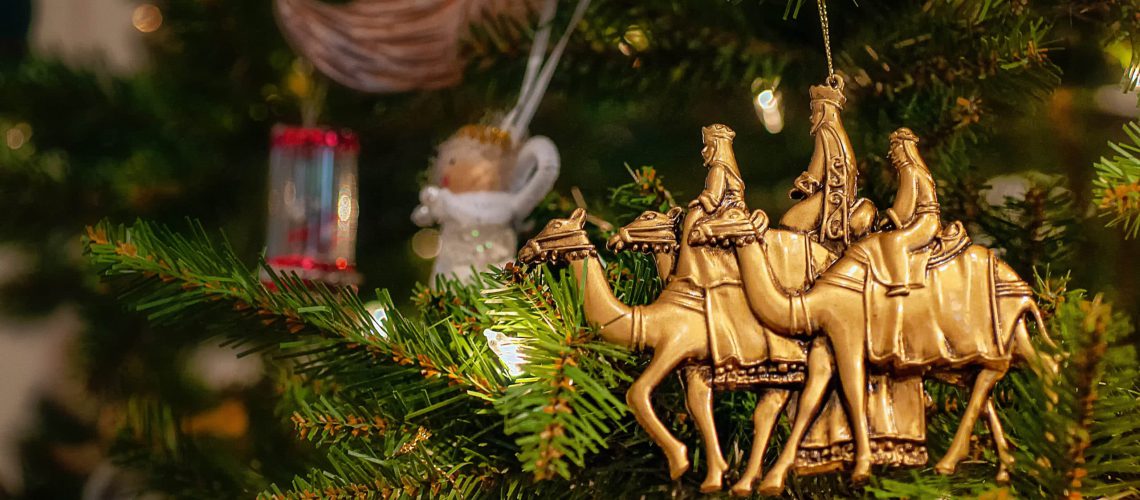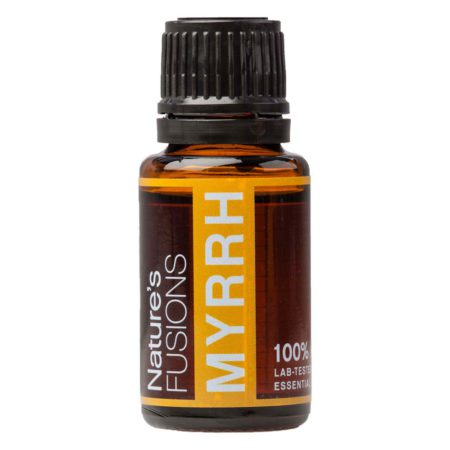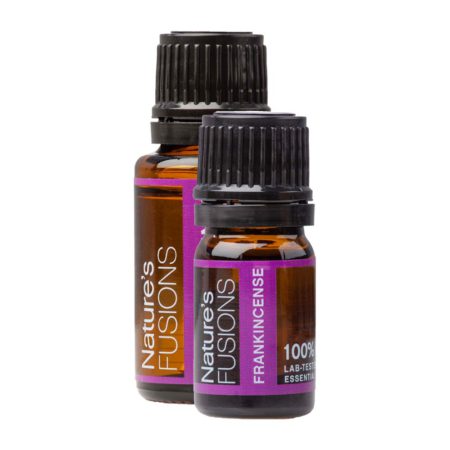“Now when Jesus was born in Bethlehem of Judaea in the days of Herod the king, behold, there came wise men from the east to Jerusalem, saying, Where is he that is born King of the Jews? And he sent them to Bethlehem, . . . and they departed, and, lo, the star, which they saw in the east, went before them, till it came and stood over where the young child was. When they saw the star, they rejoiced with exceeding great joy. And when they were come into the house, they saw the young child with Mary his mother, and fell down, and worshipped him: and when they had opened their treasures, they presented unto him gifts; gold, frankincense, and myrrh.” (KJV Matthew 2:1-2,9-11.)
Few stories are more universally poignant than the image of wealthy Zoroastrian priests, moved by ancient prophecy and guided by a star, bearing precious gifts, and kneeling at the cradle of a lowly, Jewish infant who would soon become a Christian God. And yet, nothing was more fitting for the eternal King of kings. Over 2000 years after that sacred journey, it is still the wise who seek for Christ. Just like the wisemen preserved his life with their material gifts, Jesus offers us eternal life as we give him the gift of our hearts.
Three Gifts
The three gifts brought by the magi to the babe Jesus weren’t randomly selected. They represented the very best, most valuable gifts that they could offer him. Gold has been valued from the beginning of time for its purity, luster, and malleability. Scholars believe that Mary and Joseph would have lived off the gold that the wisemen gave them for the three years that they were refugees in Egypt, fleeing from the jealous Herod. Frankincense and myrrh are the dried resins from Arabian trees and shrubs and were highly valued for their medicinal and fragrant qualities. Just as the wisemen offered Jesus the very best that they had, so should we give Him the best of ourselves.

Gold
As the first useful metal, gold is sufficiently abundant for practical use, but it is not so common that it lacks value. Because gold is beautiful, lustrous, ductile, and non-corrosive, it is the perfect material for fine jewelry, luxurious décor, electronics, dentistry, awards, and coins. Gold is frequently used to describe things that are genuine and good. For example, when someone is particularly kind, you might say that they have a heart of gold. When you are behaving especially well, you might say that you are being as good as gold. Finally, when you find something that is very valuable to you, you might say that you hit a gold mine.
Frankincense
Frankincense is a resin that hails from the Boswellia tree, native to the Arabian Peninsula and parts of Africa. Frankincense is harvested and sorted by hand. In ancient times, frankincense was used in Egyptian, Jewish, and Christian religious ceremonies as an incense, during embalming, and as an offering. It was also used medicinally by Muslim, Ayurvedic, and Chinese healers.
Frankincense essential oil is steam-distilled from the resin. With a warm, sweet smell, it is highly aromatic and is popular for eliciting balance and peace during meditation. You can diffuse frankincense or apply it topically in a 2-5% dilution rate.
Myrrh
Similar to frankincense, myrrh is the resin that originates from the Commiphora myrrha shrubs native to the Arabian Peninsula and coastal parts of Africa. Myrrh was also used anciently in religious ceremonies, embalming, and to purify the air. Chinese healers believe that myrrh can heal the body, mind, and soul.
Today, myrrh continues to promote health and well-being. Myrrh is commonly used in mouth rinses and for bad breath. It also enhances spirituality with its spicy, balsamic scent, and it is the perfect companion to your daily meditation practice.
This Christmastime, as you think back on the wisemen and their precious gifts to the babe of Bethlehem, discover how their gifts can bless and enrich your life, as well.



